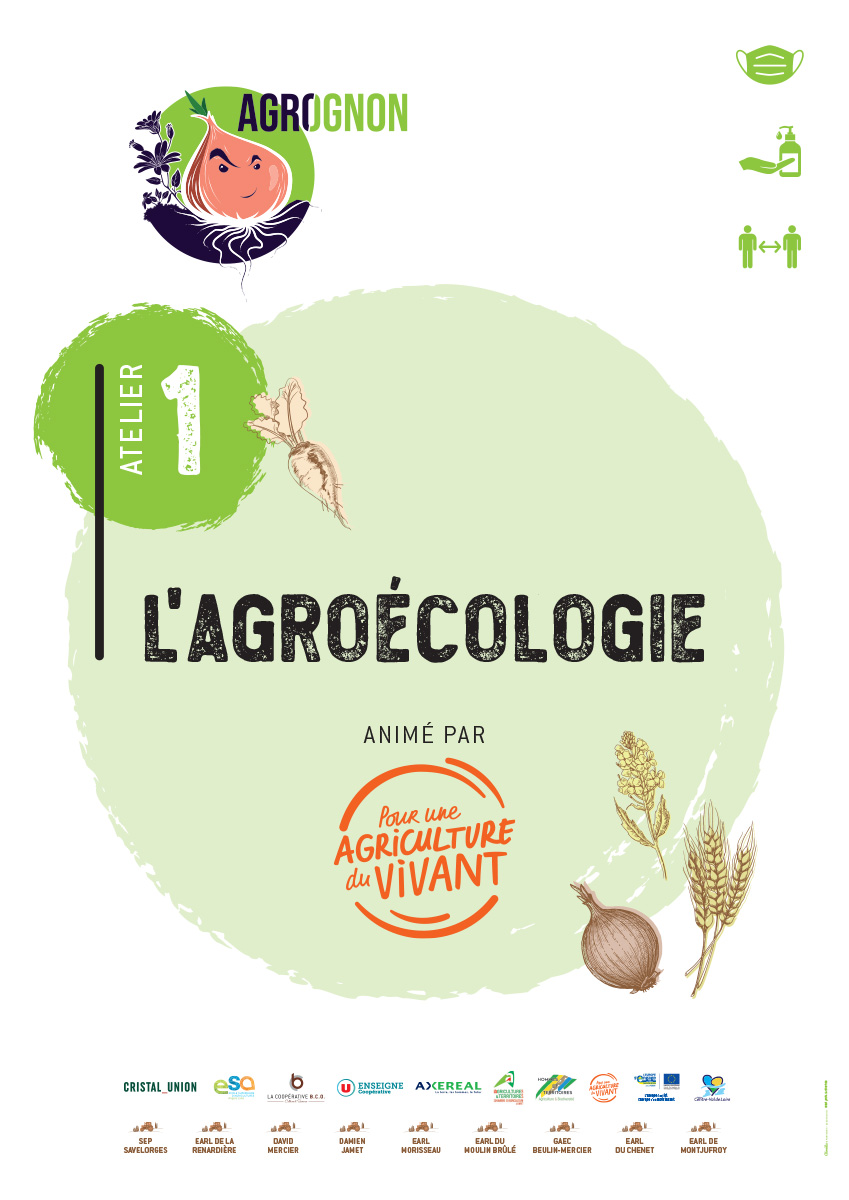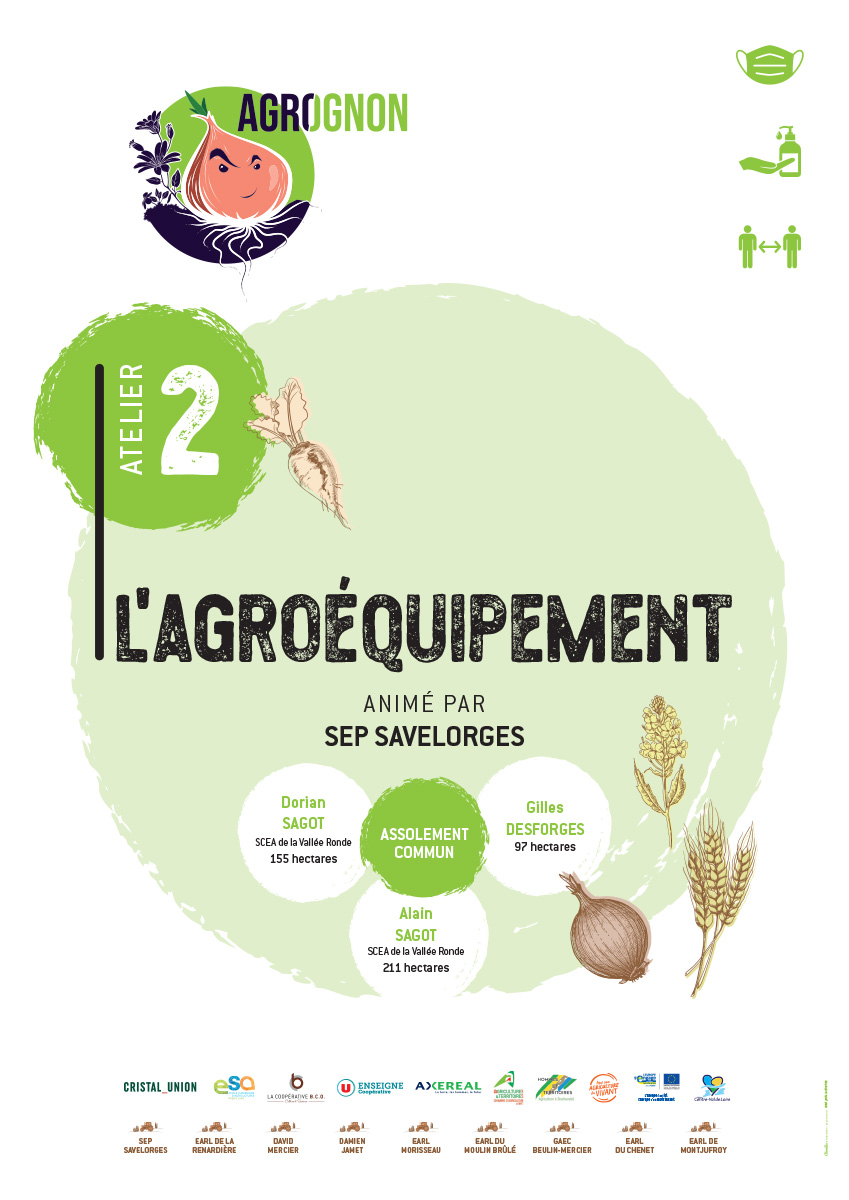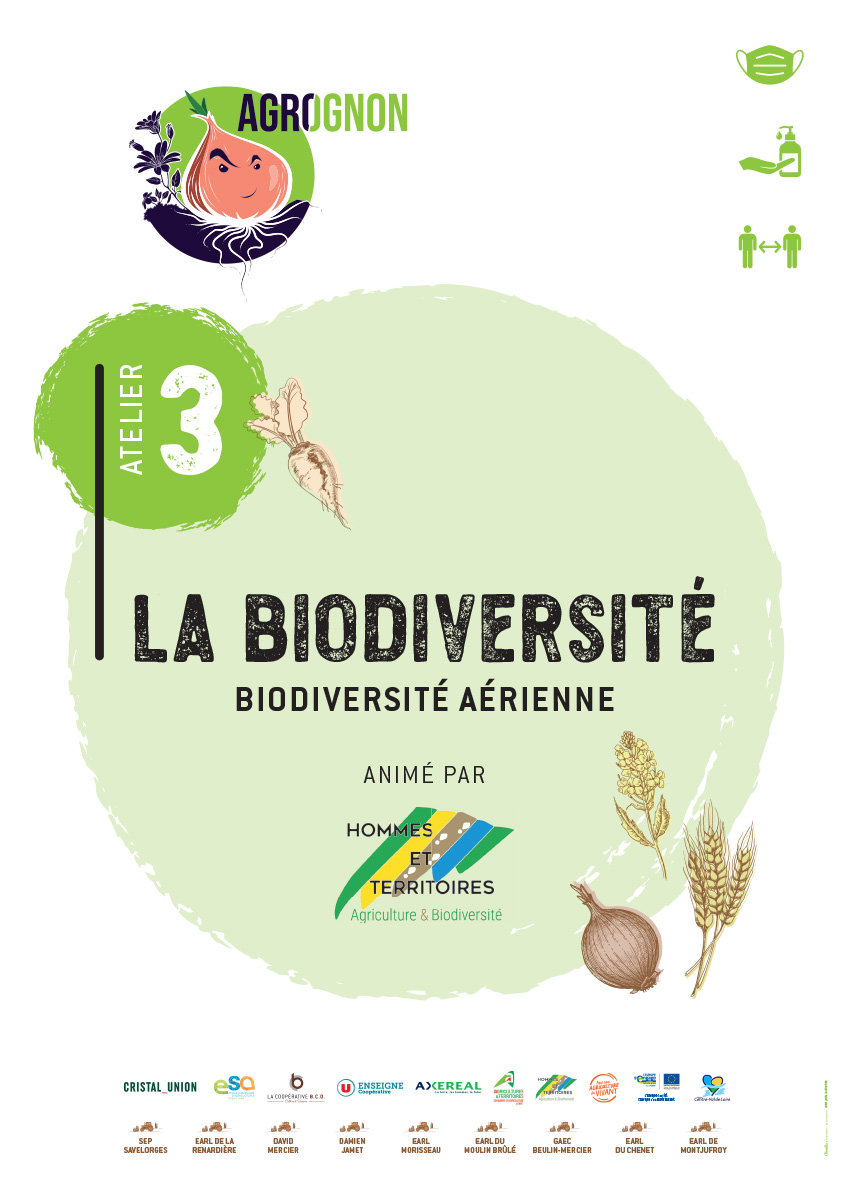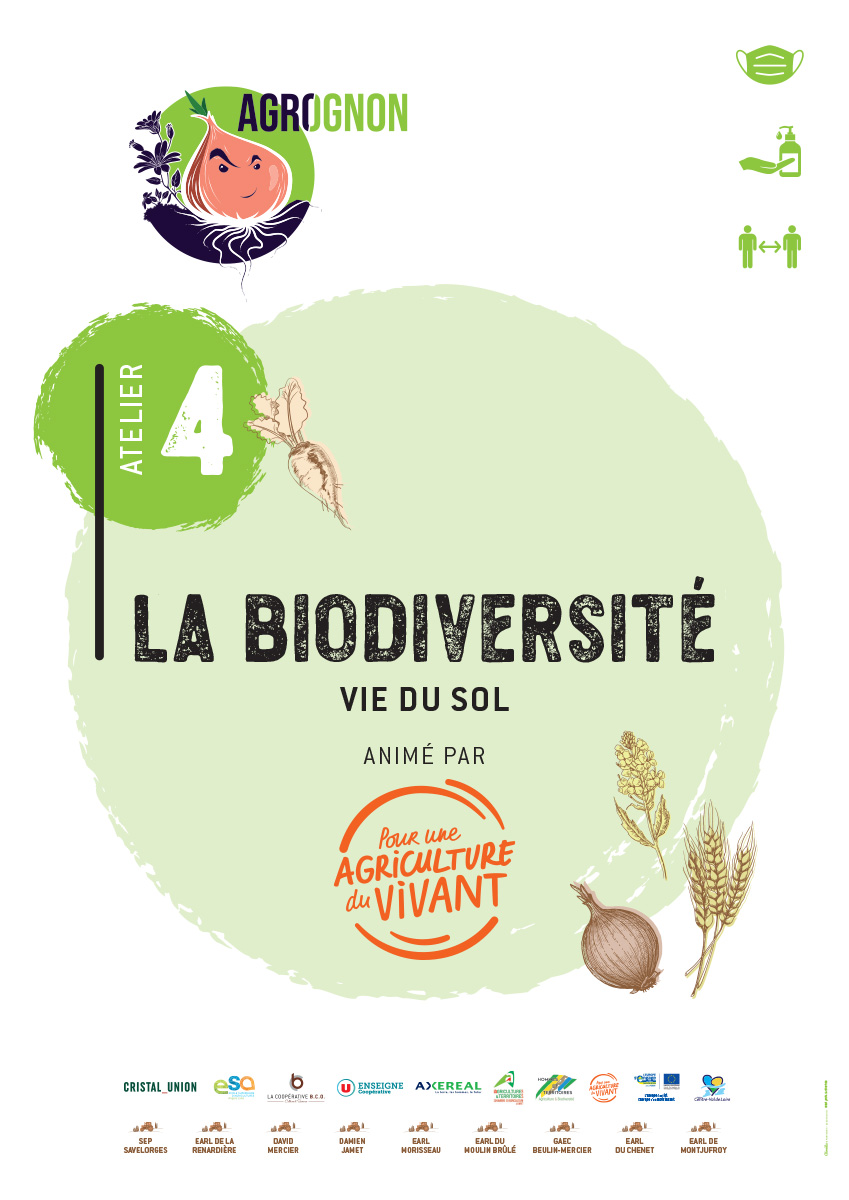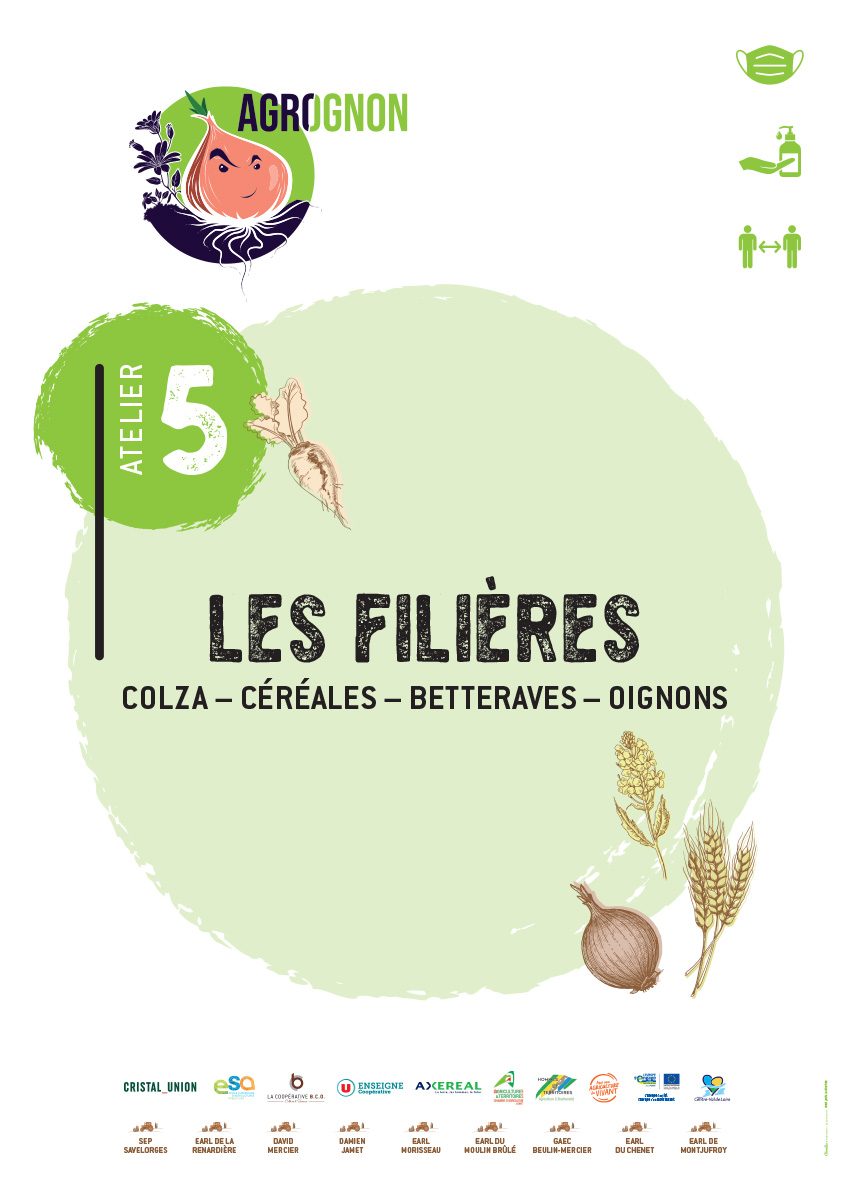B.C.O. producers in action ! AGROGNON
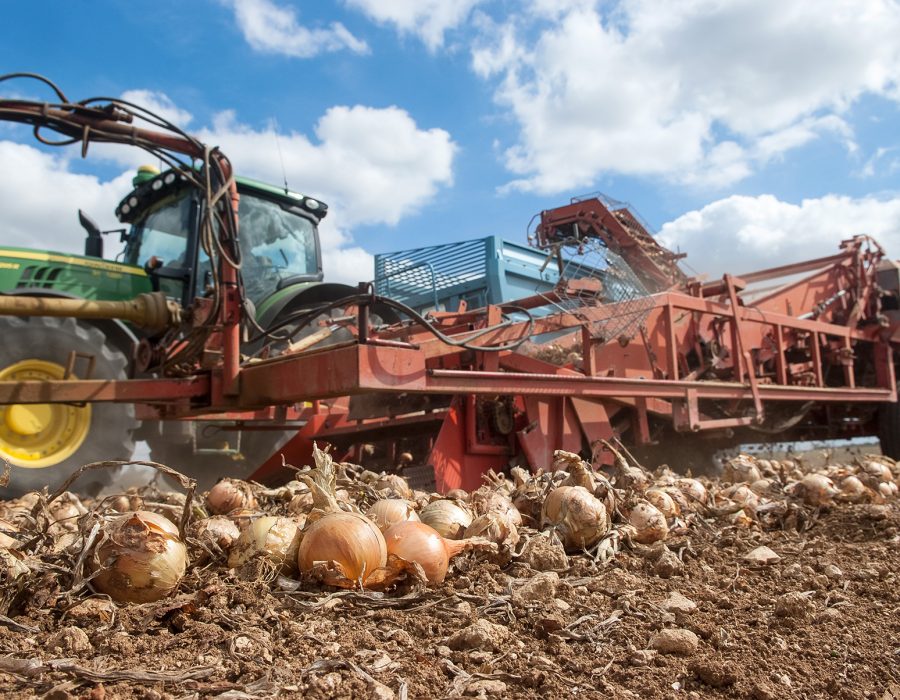
Agroecology in alliaceous production - Centre-Val de Loire Region.


Verifying the technical and economic viability of a change in production system in the short supply chain.
Pilot: onions.
It’s a sad fact that soils are becoming poorer and poorer, erosion is increasing, diseases are spreading, biodiversity is becoming rarer and rarer, and society’s expectations are higher and higher, calling for a radical change in the current production system… Producer-members of the B.C.O. cooperative, aware of the issues at stake and pioneers in this field, have reacted and are in the process of developing and structuring innovative solutions that are both virtuous for the environment and economically viable.
The challenge for our cooperative is to help our farmers move towards AGRO-ECOLOGY in order to ensure the long-term viability of onion growing in the Centre Val de Loire region, guarantee the economic viability of the model and preserve the existence of its facilities in the region (investment of €11.5 million in 2018 in its ultra-modern packaging centre in the Loiret region, for example).
This original project has brought together a wide range of players, from production to distribution, to work together to tackle the life cycle of an unprocessed product: onions, and ultimately to transfer the experience gained to other flières.
Birth of
PEI « AGROGNON »
Objectives:
- To involve the farmers of the BCO cooperative in the agro-ecological transition on a regional scale.
- Bring together the main economic players around the farm ⇒ operational implementation from production to the consumer while testing its economic viability (PEI = European Innovation Partnership).
3 priorities :
Implementation of agroecology tools
Soil cover, returning high levels of biomass to the soil, limiting tillage, introducing plant cover and flower strips to encourage a return to biodiversity, carbon storage and the resilience of the production system.
Maintain high quality standards for the final product
By preserving biodiversity, reducing fossil fuel consumption and erosion, and improving water quality.
Producing virtuously using innovative methods
Measure the costs, quantify the value of the risks taken by the producer and propose a model for distributing the value equitably between all the players, which is conducive to change and sustainable over time.
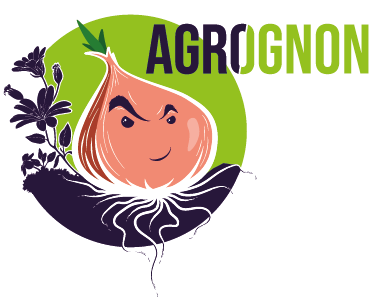
Methodology & Objectives
Work on 2 main areas:
1- SELECTION OF FARMS
Implementing the agro-ecological transition on arable farms that have developed a field vegetable workshop (onions).
2- ECONOMIC VIABILITY
The economic viability of the project and measuring the consumer's willingness to pay (ensuring that the farmer can be paid a fair price, commensurate with the efforts made and the risks taken).
-----------------------------------
This project concerns arable farms that have developed a field vegetable unit (onions) wishing to implement an agro-ecological transition.
The aim is to verify the economic viability of this ecological transition project, in particular by studying the consumer's willingness to pay for these products.
Technical and economic aspects
Presentation of the project team
- 1 organic farmer for over 10 years
- 1 farmer using TCS (simplified cultivation techniques) for more than 10 years
- 1 group of 3 farmers who have been growing crops together for more than 10 years
- 3 young farmers
- 4 farmers involved in integrated farming methods
Animation sur les parties techniques :
Consumer approach, with research carried out as close as possible to the act of buying:
Associated partners :
The Agrognon workshops
Agrognon in video
AGROGNON














